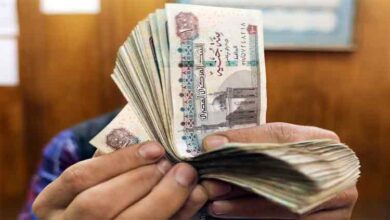Diplomatic Tensions Escalate as India Demands Repatriation of 41 Canadian Diplomats Amid Murder Accusations

Diplomatic relations between India and Canada have taken a sharp downturn as New Delhi has called for the repatriation of 41 Canadian diplomats by October 10. This demand, reported by the Financial Times, comes against the backdrop of strained ties between the two countries, stemming from Canadian suspicions that Indian government agents played a role in the murder of a Sikh leader and Canadian citizen, Hardeep Singh Nijjar, in June. India vehemently denies these allegations.
The Diplomatic Dispute:
Canada’s accusation that Indian government agents were involved in Nijjar’s murder has seriously strained relations between the two nations. Nijjar had been labeled a “terrorist” by India, while Canada contested this characterization. India dismissed the accusation as absurd, further escalating tensions.
Indian Threats:
According to reports citing sources familiar with the situation, India has issued a threat to revoke the diplomatic immunity of the 41 diplomats if they remain in India beyond the October 10 deadline. Currently, Canada maintains 62 diplomats in India, and New Delhi insists on a reduction of 41.
Silent Responses:
As of now, both the Indian and Canadian foreign ministries have not provided immediate comments on the matter, leaving the situation in a state of uncertainty.
Background and Protests:
The strained relations between India and Canada have been exacerbated by the presence of Sikh separatist groups in Canada, which has frustrated New Delhi. Canadian Prime Minister Justin Trudeau’s assertion that the Indian government may have been behind Nijjar’s murder led to global protests and demands for the expulsion of Indian diplomats in London and Ottawa.
Sikh Community’s Stance:
The Sikh community, which has been vocal in seeking justice for Nijjar, has held protests in various parts of the world. Recently, a significant rally took place at the Indian High Commission in London, where Sikhs expressed their support for Canada and protested India’s alleged interference in other countries against pro-Khalistan activism. Demonstrators called for the closure of Indian missions and the expulsion of High Commissioner Vikram Doraiswami.
The Global Khalistan Referendum Campaign:
The protesters carried posters of Hardeep Singh Nijjar and advocated for Sikhs’ right to self-determination through the global Khalistan Referendum campaign. They accused Indian agents of espionage and spreading misinformation, underscoring their concerns about Nijjar’s assassination.
Conclusion:
The demand for the repatriation of Canadian diplomats by India adds another layer of complexity to the already strained relations between the two countries. As both nations grapple with the fallout from the murder of Hardeep Singh Nijjar, tensions persist, and the diplomatic landscape remains uncertain. International observers continue to monitor the situation, hoping for a peaceful resolution to the diplomatic impasse.




